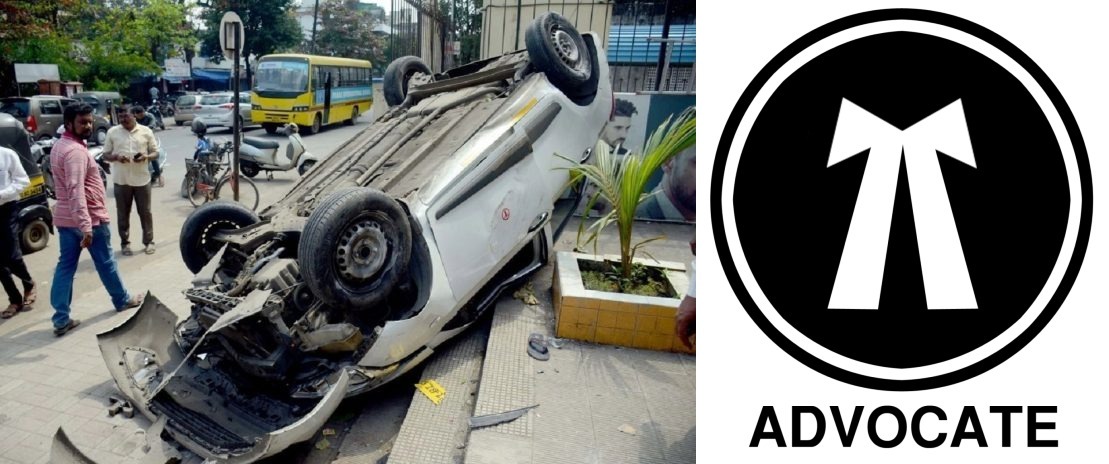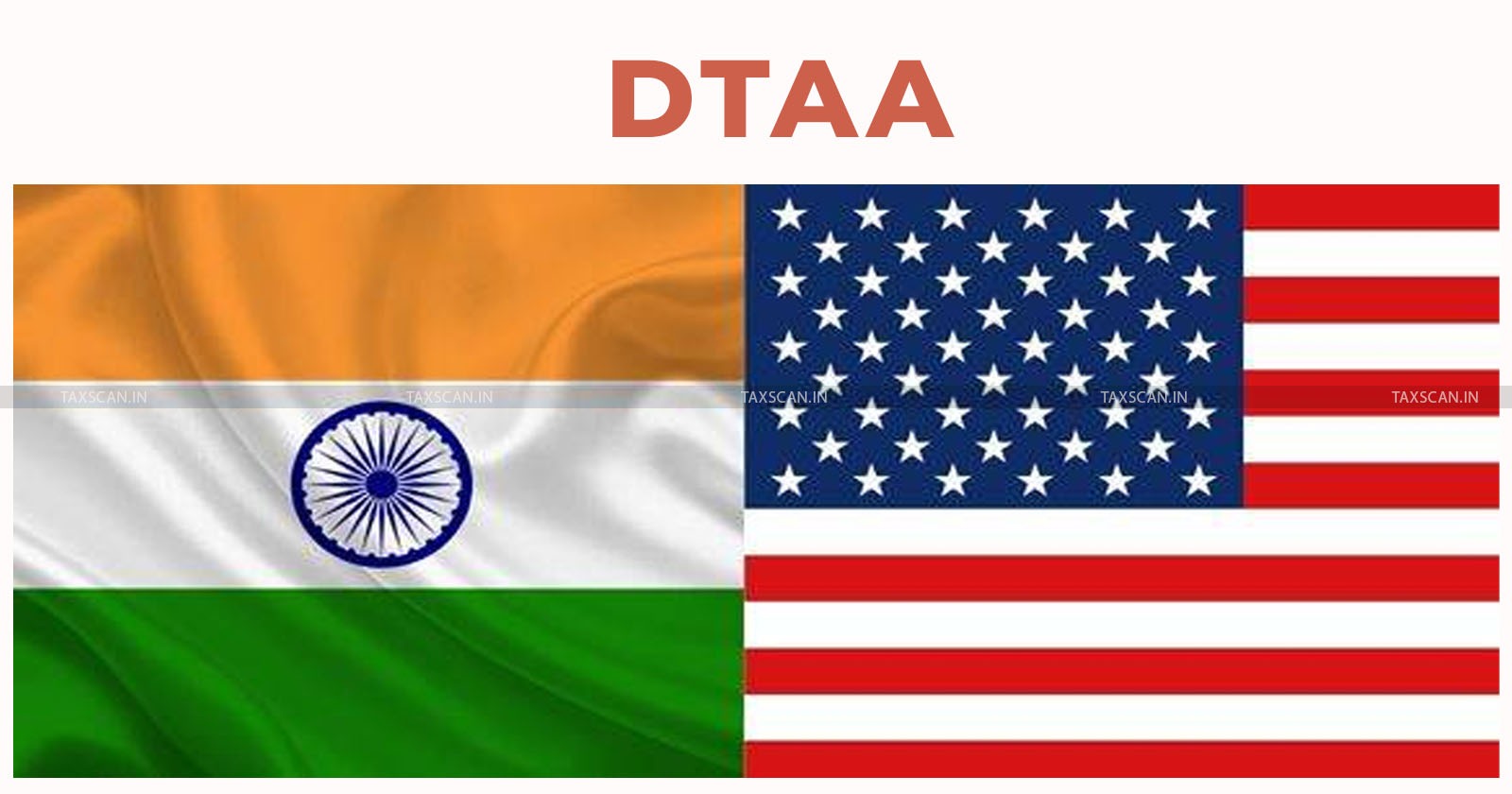Chagla, C.J.@mdashThis references raises a very short question. The assessee is a private limited company which was incorporated on the 25th March, 1954, and the assessment year with which we are concerned is the assessment year 1955-56 and the relevant year of account is the year ending 31st March, 1955. On the 13th July, 1955, the assessee company declared a dividend of Rs. 11,712. The assessee company declared a further dividend of Rs. 5,612 within the time permissible to it u/s 23A which brought the dividend declared to the statutory requirement of 60 per cent. of its income. The assessment of the company was made on the 30th January, 1956, and the company claimed a rebate of one anna per rupee on the undistributed balance of the profits as provided in clause (i) of the proviso to item B of Part I of the First Schedule to the Finance Act, 1955. This rebate was disallowed both by the Income Tax Officer and the Appellate Assistant Commissioner, but was allowed by the Tribunal and the question has now come before us on this reference, and what calls for our decision is the interpretation of really one short expression in this provision in the Finance Act. The provision is in the following words :
"Where the total income, as reduced by seven annas in the rupee and by the amount, if any, exempt from Income Tax, exceeds the amount of any dividends (including dividends payable at a fixed rate) declared in respect of the whole or part of the previous year for the assessment for the year ending on the 31st day of March, 1956, and the company is a company to which the provision of section 23A of the Income Tax Act cannot be made applicable, a rebate shall be allowed at the rate of one anna per rupee on the amount of such excess."
2. Now, it is not disputed by the Department that all the conditions laid down in this provision have been satisfied and the assessee is entitled to the rebate of one anna, except according to the Department for one condition and that condition is that the company is a company to which the provisions of section 23A of the Income Tax Act cannot be made applicable. It is urged that in fact the provisions of section 23A are applicable and inasmuch as the provisions of section 23A are applicable the assessee company is not entitled to claim rebate. The question that arises is : What is the proper effect to be given to the expression "cannot be made applicable" used by the Legislature ? Is "cannot be made applicable" synonymous with "is not made applicable", or the word "cannot" had certain connotations which are different from the connotation if the Legislature had used the simple expression was to provide that it is only in those cases where section 23A cannot be made applicable, in other words, it is only in those cases where the conditions, which are required by section 23A itself before an order can be made under it are not present that the necessary relief cannot be granted.
3. Turning to the scheme of section 23A, sub-section (1) deals with the distribution of dividends and the first condition laid down is that the distribution of dividends is less than the statutory percentage. Even so the power of the Income Tax Officer would only arise if he is satisfied that the payment of a dividend or a larger dividend that the one declared would not be unreasonable. Therefore, even on the failure of the payment of the statutory dividend it is not as if an order under that section can be automatically made. The Income Tax Officer has to exercise his discretion and he has got to consider whether the payment of a dividend or a larger dividend than that declared would be unreasonable or not. Sub-section (2) further provides that no order under sub-section (1) shall be made in the cases laid down. Sub-section (8) requires that the order has to be made by the Income Tax Officer after obtaining the previous approval of the Inspecting Assistant Commissioner, and the Inspecting Assistant Commissioner has got to give the company concerned an opportunity to be heard. Then we come to sub-section (9) :
"Nothing contained in this section shall apply to any company in which the public are substantially interested or to a subsidiary company of such company if the whole of the share capital of such subsidiary company has been held by the parent company or by its nominees throughout the previous year."
4. Therefore, out of the category of the companies to which section 23A can apply, companies in which the public are substantially interested are taken out, and the Explanation to that sub-section gives an artificial definition of what a company in which the public are substantially interested is. Now, it is common ground that this is not a company in which the public are interested, and therefore this company cannot be taken out of the categories of companies to which section 23A applies by reason of sub-section (9). It is therefore a company to which section 23A does apply, and Mr. Joshi''s contention is that if this is a company to which the provisions of section 23A apply, then the right of claiming the rebate cannot be exercised by the assessee company. The fallacy underlying this argument is to equate the fact of the section applying to the company with the provisions contained in the Finance Act that the section cannot be made applicable to this company. Even though the assessee company is a company to which the section applies, even so by reasons of the fact that the conditions laid down in that section have not been complied with, the section cannot be applied to this company. In other words, no order can be made u/s 23A against this company, because the conditions pre-requisite for the making of the order have not been complied with.
5. Now, considerable light is thrown on this controversy by this legislative history. In the Finance Acts prior to 1955 the words used were :
"and no order has be made under sub-section (1) of section 23A of the Income Tax Act, a rebate shall be allowed at the rate of one anna per rupee on the amount of such excess."
6. Therefore, it is clear that prior to 1955 an express order had to be made under sub-section (1) of section 23A before the company could be deprived of its right to this rebate. Mr. Joshi rightly points out that this provision led to considerable delay because the Income Tax Officer had to made various inquiries before he decided whether an order under sub-section (1) of section 23A could be made or not, and Mr. Joshi says that it is to prevent this delay that the provision in the Finance Act was altered. We agree that the result of the alteration undoubtedly is to avoid delay because whereas under the Finance Act prior to 1955 an express order had to be made before the assessee could be deprived of the right to rebate, under the present law all that is necessary is not the actual making of the order but the presence of conditions which would make it possible for the Income Tax Officer to exercise his power and to make the order. Therefore, if the conditions are not present and the Income Tax Officer could not have made the order, the assessee company is entitled to the rebate.
7. Mr. Joshi relied on a decision of this court in Shee Changdeo Sugar Mills Ltd v. Commissioner of Income Tax. In that case we rejected what we called an ingenious argument of Mr. Palkhivala that it was not sufficient to decide whether the company was one in which the public were interested in order to decide whether section 23A was applicable or not, but we should go further and find out whether the company had made profits, whether it had not distributed 60 per cent. of its dividends, and apply all the provisions contained in sub-section (1) of section 23A, and in rejecting that contention what we said was that if a company is a company in which the public are not substantially interested, then it is a company to which section 23A applies. Once section 23A applies, then further consideration would arise whether the conditions of the exercise of the power u/s 23A have been satisfied or not. Mr. Joshi is right when he says that what this decision lays down is that the first question that we have to consider in applying section 23A is whether the company is a company of the nature referred to in sub-section (9) of section 23A. If it is of that nature, the company goes out from the ambit of the section and no further question arises. If the company is a company to which sub-section (9) does not apply, then we proceed to consider the further question as to whether the other provisions of the section are applicable and whether the Income Tax Officer can exercise the power conferred upon him u/s 23A. Now, applying the ratio of that decision to the facts of this case, it is undoubtedly true that the nature of the company before us is not one which sub-section (9) would exclude from the category of companies to which section 23A applies. Therefore, undoubtedly it is true that section 23A applies to this company. But the question still remains whether the provisions of that section can be applied. In other words, whether the Income Tax Officer can exercise his power vis-a-vis this company, and again it is not disputed that the company having paid the statutory dividends the section is not applicable. To put it very briefly, although the section does apply to the assessee company, in the present case it is not applicable because the company has paid the statutory dividends.
8. We therefore agree with the view taken by the Tribunal and answer the question in the affirmative.
9. Commissioner to pay the costs.
10. Question answered in the affirmative.

